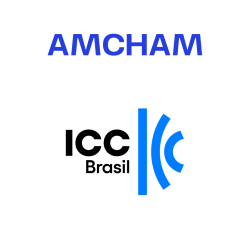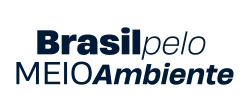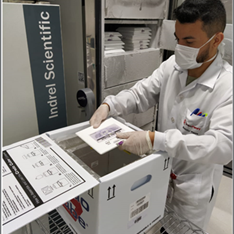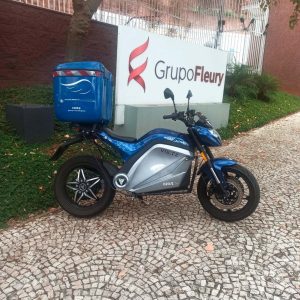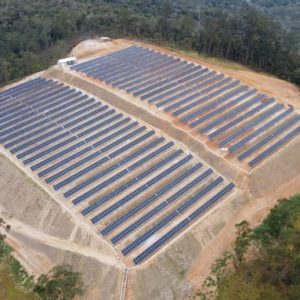ABOUT IT
The main objective of the project was to change the methodology used to process tests for metal dosage in blood and urine, with the aim of speeding up the process and substantially reducing the generation of waste linked to the operation of these processes, through the acquisition of two Inductively Coupled Plasma Mass Spectrometry (ICP/MS) machines for metal dosage.
Previously, the Fleury Group used the Flame and Graphite Furnace Atomic Absorption Spectrometry technique, a time-consuming technique (processing around 10 samples/hour) and mono-elemental (analysis of only one type of metal per dose). In addition to this methodology, a large proportion of the tests requested were sent to international partner laboratories due to the impossibility of carrying out these tests in-house using the Flame or Furnace technique.
The new equipment aims to
- Analysis of metals by profiles in plasma, whole blood and urine, thus allowing the internalization of tests sent to international laboratories;
- Reduced analysis time (processing around 90 samples/hour);
- Simplification of results release processes.
The project is still underway and the expectation is that with its maintenance the service capacity will increase, also increasing the project's impact on reducing the waste generated.
Results and Objectives
- Efficiency gain through increased productivity in 60% when compared to the previous method;
- Reducing the time it takes to deliver results to patients by 1/3;
- The multi-element characteristic of the new method made it possible to measure more than one metal simultaneously in a single sample, allowing the cost of the test to be reduced by around 30%, as well as a reduction of 30% in the collection tubes.
- Methodological innovation, as we are the first laboratory in Brazil to miniaturize metal dosages in 96-well plates of 2mL each, instead of individual 15mL tubes;
- Reduction of plastic: with the miniaturization of the dosages, we have obtained a reduction of 5kg of plastic per day, which is 130kg/month or 1,560 kg of plastic that no longer generates waste per year.
- Reduction in solvents and reagents: we now have a 2.5-fold reduction in the consumption of reagents, including butanol, nitric acid and Triton, which is approximately a 1,200L reduction per year.
- Paper reduction: with the modernization of the method, we work more digitally and, as a result, we no longer consume approximately 2,000 A4 sheets per month, which means a reduction of 9 kg of paper per month, or 108 kg of paper per year.
More Fleury Group Projects
